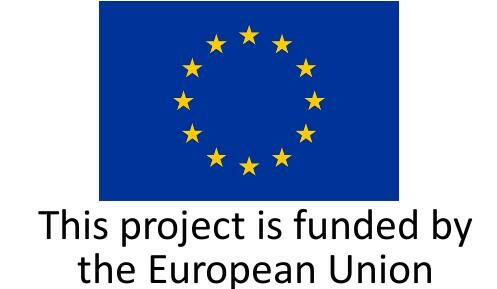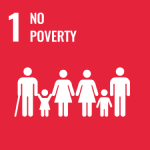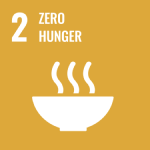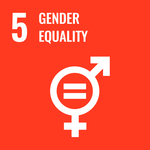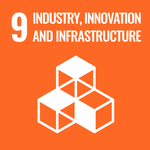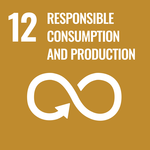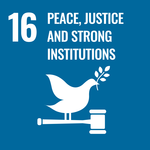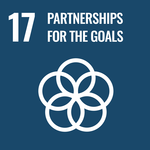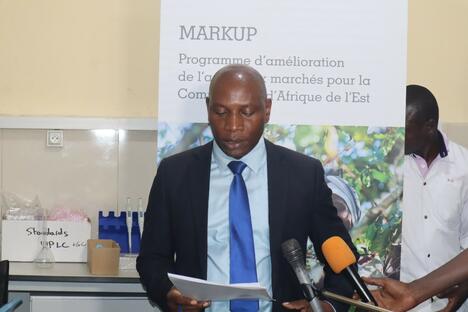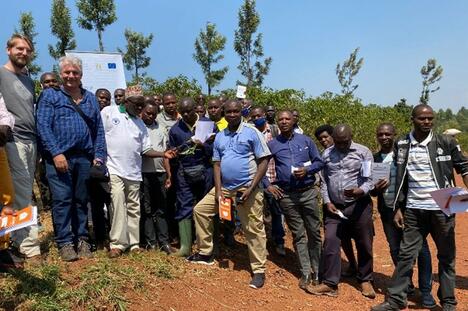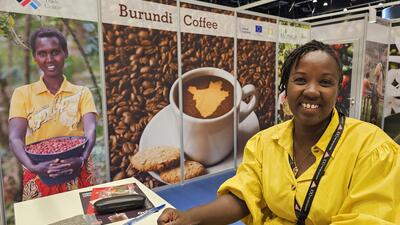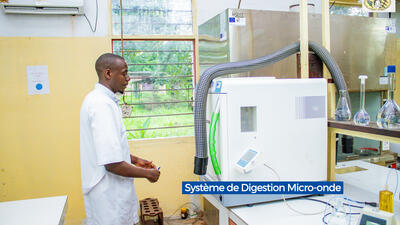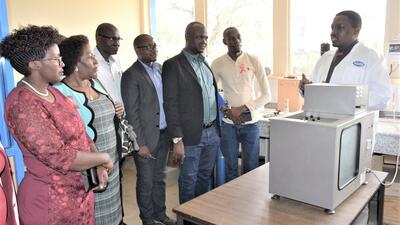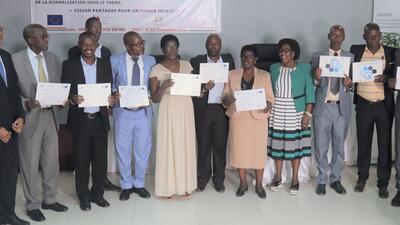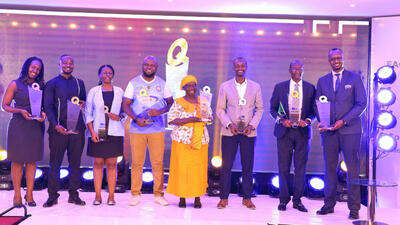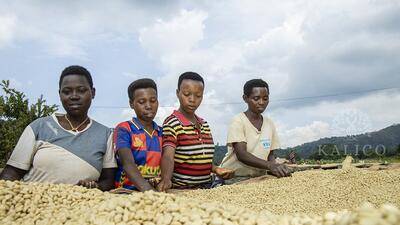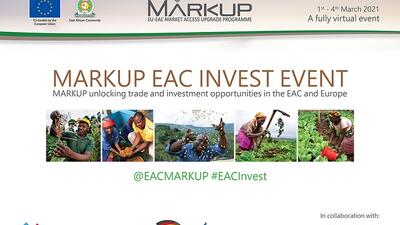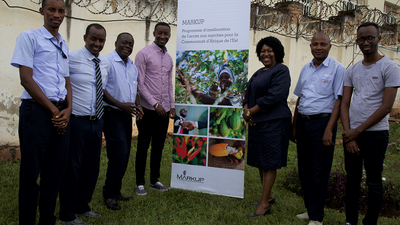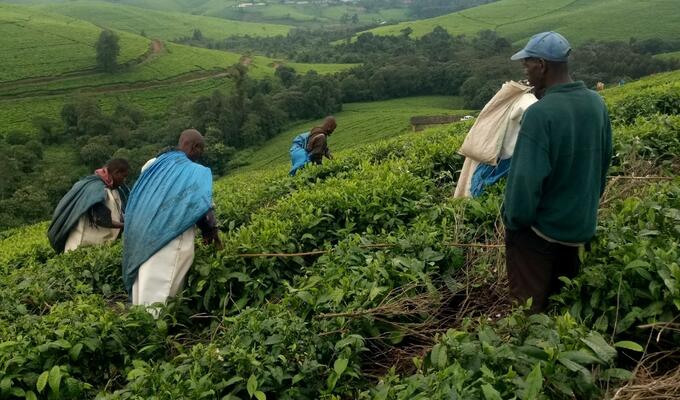
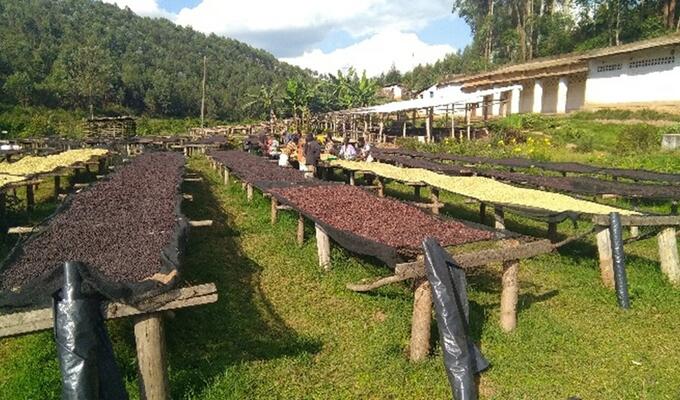
Burundi: Market Access Upgrade Programme - MARKUP
Overview
Summary
The project consists of national interventions under the Partner States Window of the EU-EAC Market Access Upgrade Programme - MARKUP funded by the 11th European Development Fund. The action aims at addressing both supply side and market access constraints in coffee, tea and horticulture sectors, supporting the participation in regional and global value chains, with a particular focus on exports to the European Union (EU). The selection of coffee, tea and horticulture sectors was guided by requests of country stakeholders identified during the project inception phase in 2016 and programming missions in 2017.
Despite the current transition and recovery from conflict, Burundi's economy is growing and accession of Burundi to EAC in 2007 offers great opportunities for increase in trade of agricultural products in the region. The EAC has already begun to play an important role for Burundi's expansion into horticulture products. However, significant trade barriers persist and severely inhibit Burundian exporters in the coffee, tea and horticulture sectors to integrate in regional and EU markets. If non-tariff barriers, such as quality requirements, TBT and SPS issues were reduced highly regulated and higher value markets, in particular the EU and EAC could be accessed.
To prove compliance with quality standards and technical regulations, it is essential for Burundi to have a competent and internationally recognized quality infrastructure system. Hence, the goal and focus of the project will be on strengthening the National Quality Infrastructure services to enforce compliance with sanitary and phytosanitary (SPS) measures and technical regulations, with particular focus on coffee and tea sectors. Accordingly, the overall objective "to contribute to economic development of Burundi" and the specific objective to "improve market access to EU and EAC region for Burundi agro-industrial and horticultural sectors" shall be achieved through three expected results of project activities. the results are: 1) National Quality Infrastructure framework, inspection and certification services strengthened, 2) Laboratory testing capacities for coffee/tea improved and 3) Quality related extension services strengthened.
Partners
Sustainable Development Goals
Solving export challenges in Burundi
ITC’s MARKUP Burundi project is designed to help solve the challenges faced by small businesses involved in coffee, tea and horticulture production in meeting international market standards.
In Burundi, agriculture represents more than 40% of the gross domestic product and employs about 90% of the population. Its main export are coffee and tea, which represent more than 70% of foreign exchange earnings, and are therefore key to the country’s development and poverty reduction.
We are using our expertise to strengthen Burundi’s national quality infrastructure services so it can provide reliable standardization, inspection, testing, and certification services, and free exporters from using expensive foreign facilities.
ITC’s solution: building up national quality infrastructure
Based on an assessment of the national quality infrastructure (NQI), ITC has supported the development of the National Quality Policy of Burundi. ITC is currently providing technical assistance to strengthen the key institutions of the NQI. This includes the capacity building of testing laboratories in terms of equipment and training of technicians and improving the certification and inspection services in line with requirements of international standards.
Good governance guidelines have also been developed for the NQI institutions. A wide Quality awareness campaign is being rolled out to promote the Quality Culture among enterprises





